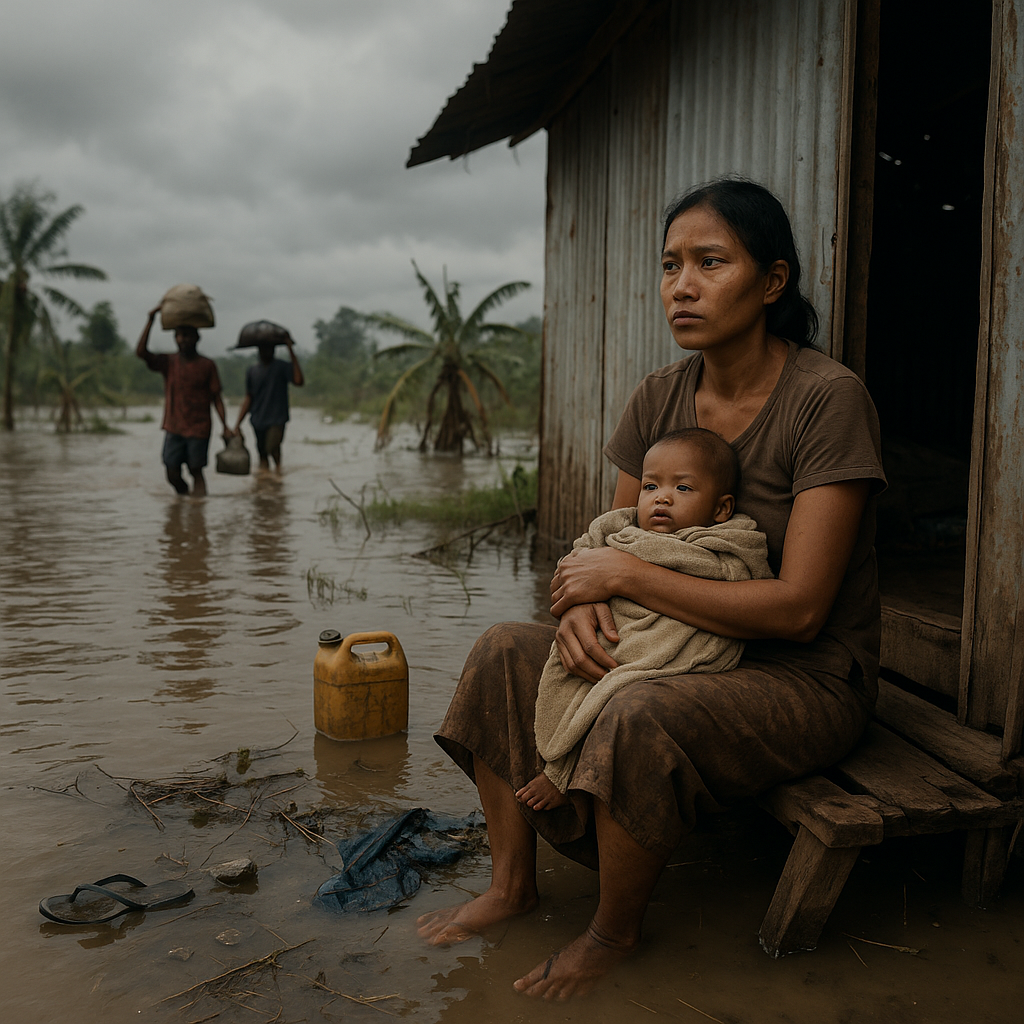UN Expert: Global Aid Cuts Threaten Decades of Poverty Reduction Progress
“After decades of international cooperation that helped lift hundreds of millions out of poverty, we are now seeing that progress begin to wildly unravel,” said De Schutter.

The United Nations’ top expert on extreme poverty has issued a dire warning that an escalating wave of aid cuts and growing disinterest in multilateral cooperation are jeopardizing decades of hard-won progress in the global fight against poverty. Olivier De Schutter, the UN Special Rapporteur on extreme poverty and human rights, cautioned that unless governments take immediate action, millions more will fall into destitution as the world retreats from its commitments to the most vulnerable.
De Schutter’s stark assessment comes in his latest report to the UN Human Rights Council, just days ahead of the Fourth International Conference on Financing for Development (FFD4), set to take place in Seville, Spain, from 30 June to 3 July. He is urging world leaders to use the forum to recommit to international solidarity, particularly through new, sustainable financing tools that support social protection systems in the world’s poorest countries.
A Reversal of Progress in Global Development
“After decades of international cooperation that helped lift hundreds of millions out of poverty, we are now seeing that progress begin to wildly unravel,” said De Schutter. “In just a few short months, official development assistance is being slashed at a terrifying rate.”
According to the report, 2024 saw the first drop in global development aid in six years, and projections suggest an alarming 20% reduction in aid levels by 2025. These cuts are already affecting critical humanitarian operations and long-term development programs across the Global South.
“Money once earmarked for life-saving development programmes is now being redirected to defence and military spending,” De Schutter lamented, emphasizing how geopolitical tensions and shifting national priorities are leaving impoverished communities increasingly vulnerable.
The Climate-Poverty Nexus: A Devastating Spiral
The timing of these cuts couldn’t be worse. De Schutter described a “perfect storm” of compounding crises: international aid cuts are unfolding at the same time as the intensifying climate emergency destroys livelihoods, housing, and food security at unprecedented speed.
“It’s the countries least responsible for climate change that are being hit the hardest,” he said. “Over 90% of people in the world’s poorest nations have no access to social protection. That leaves them completely exposed to climate-induced disasters that can wipe out everything they own in minutes.”
From floods displacing entire communities in South Asia to heatwaves devastating crops in Africa, the climate crisis is accelerating inequality, forcing millions deeper into poverty while safety nets remain woefully inadequate or nonexistent.
A Vision for Resilient Social Protection
In response, De Schutter is championing a bold vision: a Global Fund for Social Protection supported by innovative financing mechanisms. He is advocating for international tax reforms and "solidarity levies" on profitable sectors such as transport and finance to ensure predictable, long-term funding of social protection systems in low-income countries.
Such mechanisms, he argues, could raise US$759.6 billion annually—more than double the estimated amount needed to provide universal essential healthcare and basic income security to the 26 lowest-income countries in the world.
“Social protection is increasingly recognised as our greatest tool in the fight against poverty,” De Schutter said. “It is proving just as essential in shielding vulnerable populations from the escalating impacts of the climate crisis.”
A Call to Action Ahead of FFD4
With FFD4 on the horizon, De Schutter is calling on governments not just to restore aid commitments, but to revolutionize how social protection is financed—with sustainability, fairness, and resilience at its core.
He warned that the trend toward nationalistic policies and retreat from multilateralism risks unraveling the global consensus that emerged in the aftermath of the Second World War: that nations share a moral responsibility to ensure peace, equity, and human dignity through cooperation.
“By championing the financing of social protection, world leaders at FFD4 have the opportunity to take a powerful stand,” he said. “A stand against today’s deplorable attempts to upend the international order, ignore the climate crisis, and abandon the world’s poorest people.”
The coming days in Seville will be a litmus test for global solidarity and commitment to human rights, De Schutter concluded. Whether nations rise to the occasion could determine the fate of millions teetering on the brink of extreme poverty.










